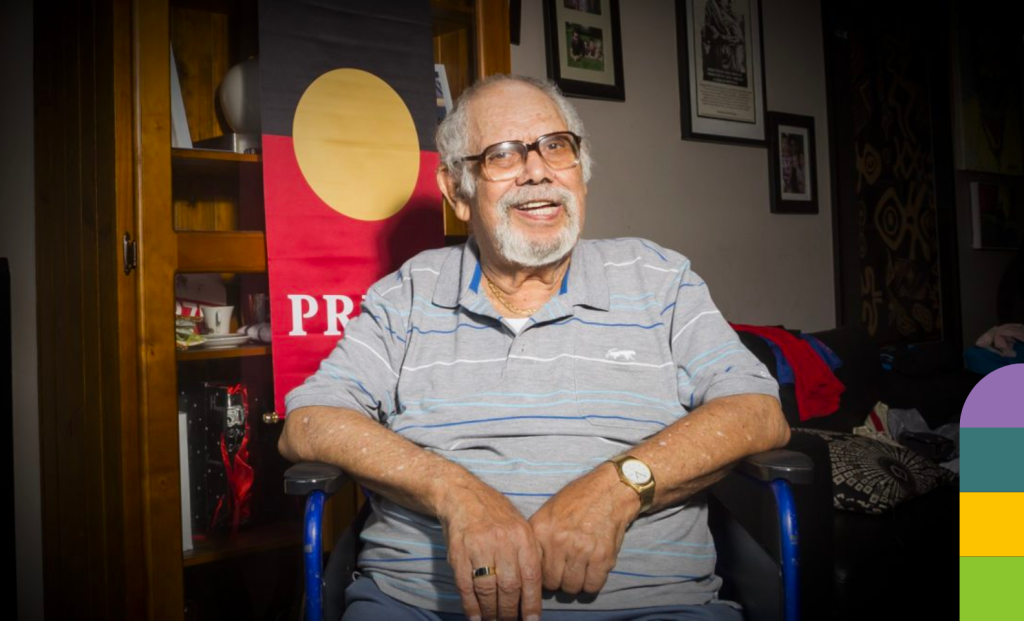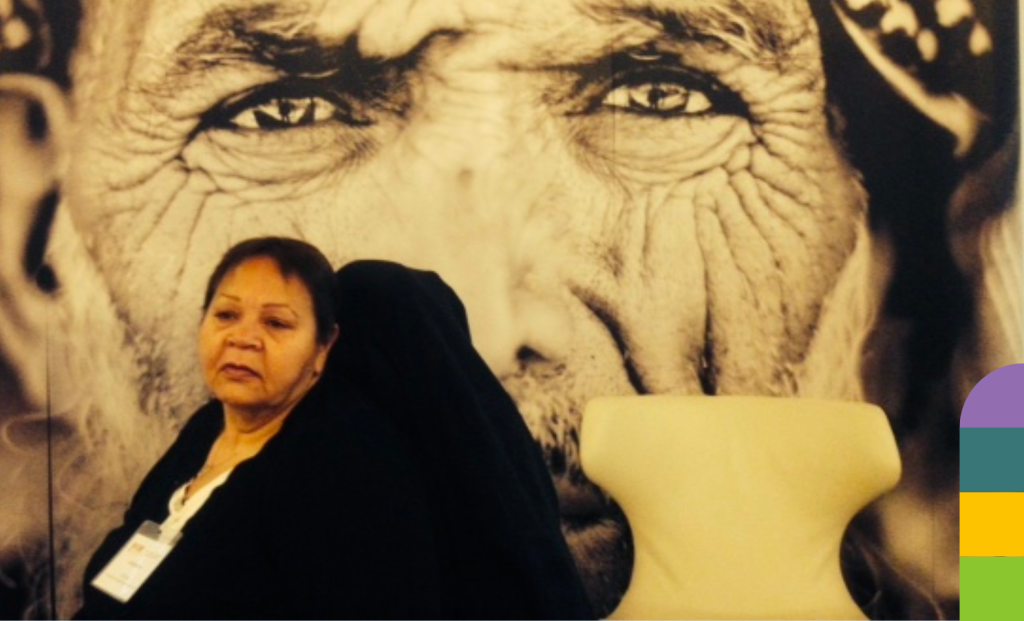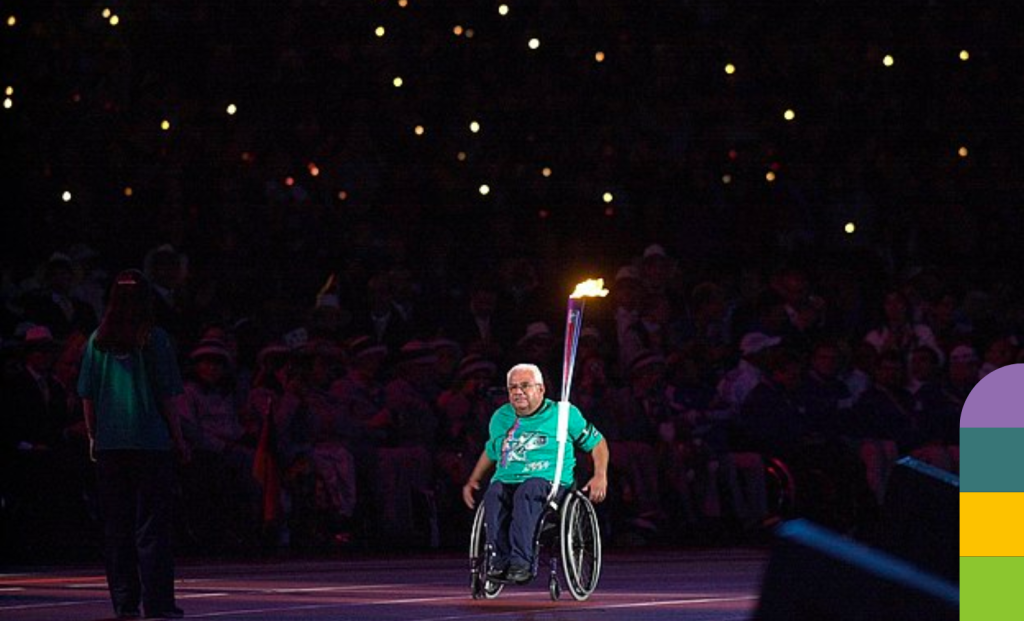NAIDOC Week – Feature Stories Of The Elders
NAIDOC WEEK
NAIDOC week is a time to celebrate the history, culture and achievements of Aboriginal and Torres Strait Islander peoples. The theme for 2023 is “For Our Elders”, which honours the wisdom, resilience and leadership of our Elders in all aspects of life. One way to celebrate this theme is to share feature stories about the Elders with disabilities, who face additional challenges and barriers in their lives.
Stories of the Elders with Disabilities
These stories can highlight their contributions, struggles, successes and hopes for the future. They can also raise awareness and understanding of the issues and needs of Elders with disabilities in our communities. Sharing these stories can be a way of showing respect, gratitude and solidarity with our Elders, who are the custodians of our culture and identity.

Uncle Lester Bostock: A pioneer of Indigenous media and disability rights
Uncle Lester Bostock was born in 1934 in Grafton, NSW, and belonged to the Bundjalung nation. He had a hearing impairment since childhood and later developed vision loss due to glaucoma. Despite facing discrimination and barriers in education and employment, he became a trailblazer in Indigenous media and disability rights. He was one of the founders of Radio Redfern, the first Indigenous radio station in Sydney, and was involved in producing many documentaries and films that showcased Indigenous stories and perspectives. He also advocated for the rights and inclusion of Indigenous people with disability, both nationally and internationally. He was a founding member of the First Peoples Disability Network Australia (FPDN) and represented Australia at the United Nations Convention on the Rights of Persons with Disabilities. He received many awards and honours for his work, including an Order of Australia Medal in 1999 and a Lifetime Achievement Award from FPDN in 2016. He passed away in 2018 at the age of 84.

Aunty Gayle Rankine: A leader of global disability movement
Aunty Gayle Rankine was born in 1957 in Adelaide, SA, and is a descendant of the Ngarrindjeri nation. She has a physical disability that affects her mobility and requires her to use a wheelchair. She has been a leader and advocate for Indigenous people with disability for over 30 years, both locally and globally. She is the chairperson of FPDN and a board member of Disabled People’s Organisations Australia (DPOA). She has also been involved in various international networks and forums, such as the International Disability Alliance, the World Health Organisation, and the United Nations. She has been instrumental in raising awareness and influencing policy on issues such as violence, abuse, neglect, exploitation, health, education, employment, housing, justice, and cultural rights of Indigenous people with disability. She has received several awards and recognition for her work, including an Order of Australia Medal in 2014 and a Human Rights Medal from the Australian Human Rights Commission in 2015.

Uncle Kevin Coombs: A legend of wheelchair basketball
Uncle Kevin Coombs was born in 1941 in Swan Hill, VIC, and is a member of the Wotjobaluk nation. He became paralysed from the waist down at the age of 12 after being accidentally shot by a friend. He discovered wheelchair basketball at a rehabilitation centre and soon excelled at the sport. He represented Australia at five Paralympic Games from 1960 to 1976, winning a bronze medal in 1964 and a silver medal in 1972. He was also the first Indigenous Australian to compete at any Olympic or Paralympic Games. He later became a coach, mentor, administrator, and ambassador for wheelchair basketball, as well as a role model for Indigenous people with disability. He was inducted into the Australian Basketball Hall of Fame in 2006 and the Australian Paralympic Hall of Fame in 2010. He received an Order of Australia Medal in 1988 and an Australian Sports Medal in 2000.
At Maple Services, we honour and support NAIDOC week by engaging with our Indigenous clients and staff, learning from their stories and perspectives, and promoting their rights and interests. We also participate in various events and activities that showcase the diversity and richness of Indigenous cultures and languages. We believe that NAIDOC week is not only a celebration, but also a call to action. We are committed to working towards a more inclusive and respectful society, where Indigenous peoples are valued and respected as the First Nations of this land.



